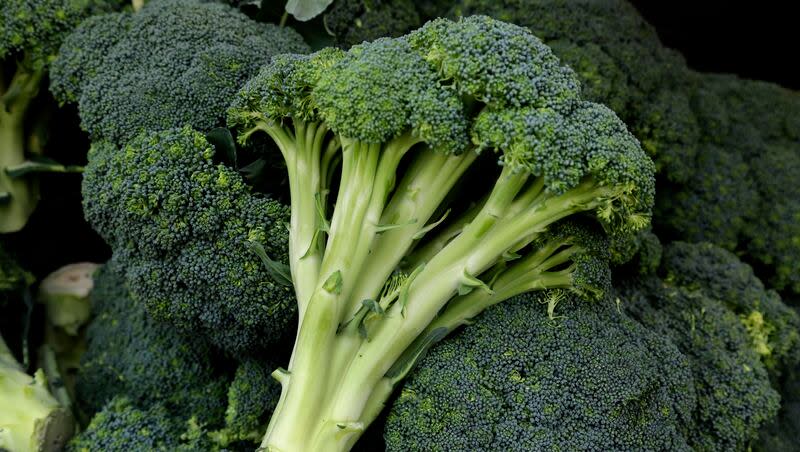Why breakfast should begin with a vegetable: Study

If you change the order that you eat your breakfast items, you can have your carbs and lose weight, too. You’ll also see your blood sugar level off, which is great news for the 1 in 3 Americans with prediabetes.
The key is eating your veggies first, according to researchers, and eating your carbohydrates last.
A late 2023 study from Weill Cornell Medicine published in the journal Nutrients found that folks who got nutritional counseling and were told to eat their carbohydrates last lost weight and had better blood sugar control, compared to the control group that just got nutrition counseling. At the end of 16 weeks, the research showed the group that just got the counseling “significantly reduced its daily intake of calories, fat, protein and grains, whereas the food-order group increased its daily intake of vegetables and protein,” the study reported.
The nutrition counseling also helped, by the way. Those who changed food order and ate vegetables and protein before carbohydrates said the behavioral modification was easy, leading the researchers to conclude that a carbohydrate-last food order is “a feasible behavioral strategy in individuals with pre-diabetes that improves diet quality.” And the food-order folks lost weight and tended to have lower blood sugar levels.
As Time explains, “When we have veggies first, their fiber sets up a filter in the intestines. Once the carbs arrive on the scene, the filter slows them down, like sand catching floodwater, so the glucose enters the bloodstream at a mere trickle instead of a gush. Less insulin is needed for our cells to absorb these drips, putting less strain on the pancreas.”
“The totality of the research strongly supports the notion that food sequencing does reduce glucose spikes after a meal,” Dr. Alpana Shukla, an associate professor of research at Weill Cornell Medicine who studies food order, told Time.
Food order is increasingly being studied to see the impact on different aspects of health. A 2018 study by researchers in Japan looked at what happened when people ate a meal that consisted of rice, vegetables and meat. For three days, study participants consumed the same meal, but varied the order in which they ate the different foods, each time after completing an overnight fast. After each meal, researchers monitored blood sugar and insulin levels.
They found those who ate rice last “showed a significantly lower increase in glucose and insulin levels” 30 minutes later, compared to those who ate rice first.
The vegetables can be mixed with proteins.
The New York Times reports meal sequencing is most helpful for those with Type 2 diabetes or prediabetes. The article notes that “healthy people usually don’t need to micromanage their blood sugar in this way.” But Dr. Domenico Tricò, an assistant professor of internal medicine at the University of Pisa in Italy, another food-order researcher, told the Times that “since proteins, fats and fiber-rich vegetables take longer to digest than simple carbohydrates, saving carbs for last can help people feel fuller for longer.”

